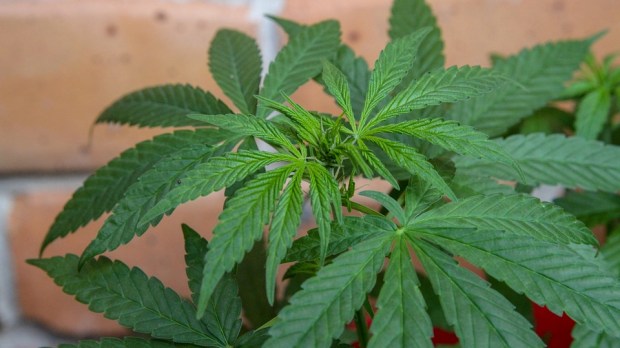Help Aleteia continue its mission by making a tax-deductible donation. In this way, Aleteia's future will be yours as well.
*Your donation is tax deductible!
Marijuana is now officially legal in Canada, making it the second country in the world, besides Uruguay, to legalize the recreational smoking of pot.
Prime Minister Justin Trudeau promised to legalize marijuana during his campaign three years ago. The bill that passed the Senate this June allows adults 18 years and older to carry up to 30 grams of marijuana in public.
While marijuana dispensaries are opening up all over Canada on Wednesday, some are sounding a warning bell. In an editorial published on Monday, the Canadian Medical Association Journal called the government’s legalization plan an “uncontrolled experiment in which the profits of cannabis producers and tax revenues are squarely pitched against the health of Canadians,” according to the New York Times.
It called on the government to promise to change the law if it leads to increased marijuana use.
Mike Farnworth, British Columbia’s minister of public safety, cautioned that legalization is “an octopus with many tentacles, and there are many unknowns. I don’t think that when the federal government decided to legalize marijuana it thought through all of the implications.”
And Bernard Le Foll, a specialist in addiction at the Center for Addiction and Mental Health in Toronto, a leading teaching hospital and research organization, said that although the center supported legalization, he was concerned that the public dissemination of information about risks had been insufficient.
“Cannabis is not a benign substance,” he told the Times. “There is a clear risk of addiction, and it can produce significant mental health issues if used by the wrong kind of people.”
He added that while it took decades for the public to understand the risks of cigarettes, the “legalization of cannabis has taken place only over a few years.”
In the United States, the recreational use of marijuana is legal in nine states—Alaska, California, Colorado, Maine, Massachusetts, Nevada, Oregon, Vermont, and Washington. It is also legal in the District of Columbia and the Northern Mariana Islands.

